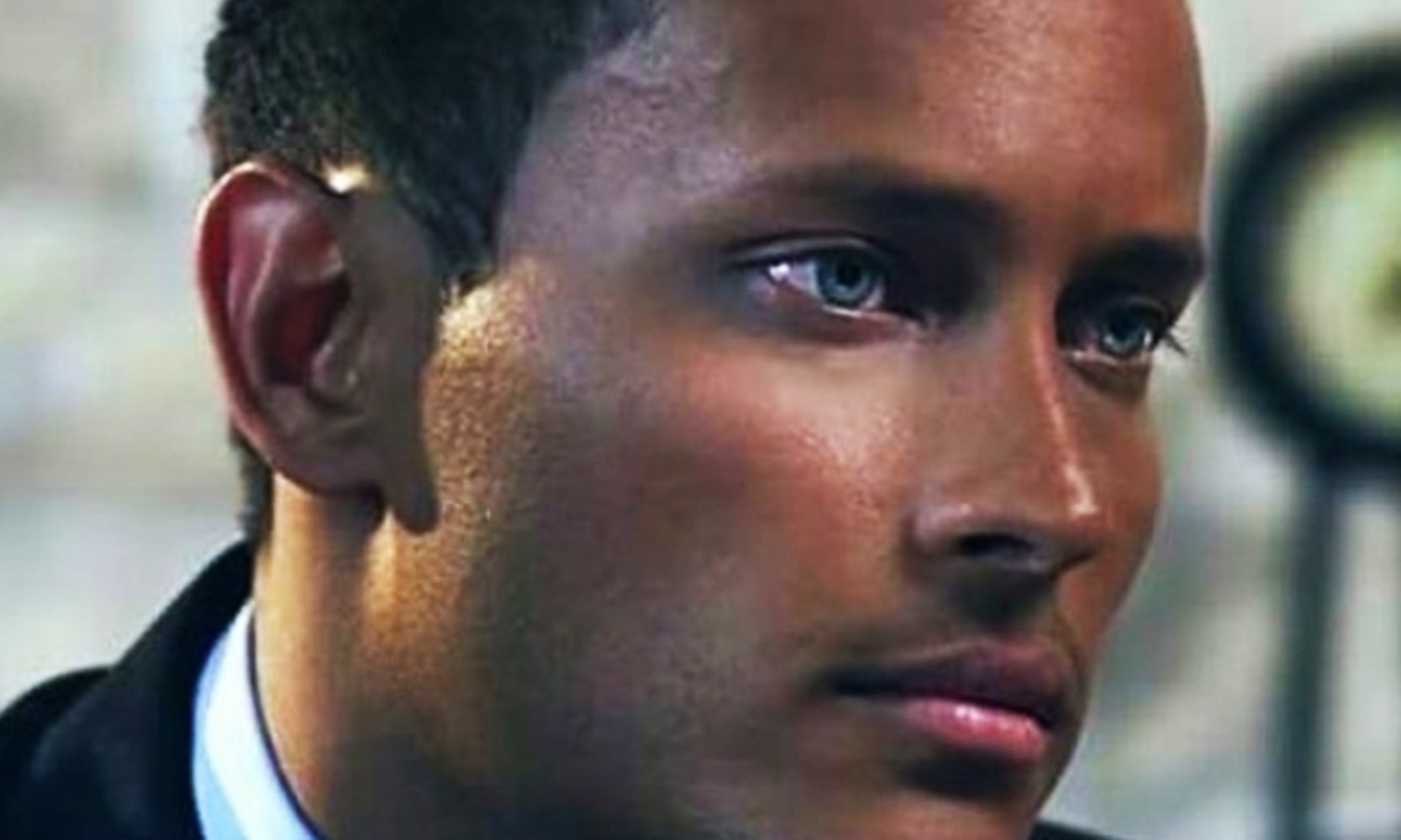Assassinating Óscar Pérez, Chavismo Shatters the Myth of the Peaceful Endgame
The paramilitary operation that killed rebel pilot Óscar Pérez destroyed more than the house where he was hiding and Venezuelans aren’t quite over the shock yet.


Yesterday, a man who rebelled against a totalitarian regime was executed during a raid in violation of all applicable laws. He, his family and Human Rights groups raised the alarm over his imminent execution. Paramilitary groups, created and financed by the state, seemingly played a leading role and the government confirmed that Óscar Pérez was dead more than 24 hours after the raid.
However, from the reactions of the media and our political establishment, you’d think that it was all a storm in a Twitter tea cup. Primero Justicia, to its credit, seeked a parliamentary debate – only to be overruled by the new Speaker. The result is painful silence at best, clueless irony at worst. It was Venezuelan Twitter, at its most suicidal and snarky.
But I don’t think snark alone explains the reactions to Óscar Pérez’ demise; Pérez always stood out as an uncomfortable symbol of the real nature of our predicament, and the slim chances of a peaceful endgame.
For those taking part in the quixotic dialogue in the Dominican Republic, he’s a painful reminder of the hopelessness of their negotiating posture. His presence – and, now, his absence – gnaw at the earnest, well-meaning intellectuals who nonetheless must realize the chances that a gang of thugs will hand over power voluntarily are vanishingly slim.
We’re so used to dismiss as crazy those who argue that violence may be the only alternative to end the dictatorship, that we kind of do it automatically now.
Deep down, we all know there may be no outcome other than violence and chaos. Oscar Pérez faced that reality and did what none of us dare to: he embraced it.
For the diaspora and the more “radical” factions of the opposition, he is evidence of the terrible price of the solutions they advocate, the physical courage it calls for, the probability of a deadly outcome and the long odds of success against a ruthless and heavily armed kleptocracy.
The raid shows what the real price of a war would be.
Before his death, Pérez could be dismissed as a sideshow, a false flag, an actor paid by the government to string the “radicals” along. He even acted in an action b-movie and had a colorful Instagram account we could laugh at. He was religious and irony-free.
Not anymore.
For all the times we’ve said “don’t you get it, this is a dictatorship that will stop at nothing to keep power”, looks like we didn’t really get it. Óscar Pérez’ gruesome death brings home a reality we’ve spent years trying to repress, to wish away. We’re so used to dismiss as crazy those who argue that violence may be the only alternative to end the dictatorship, that we kind of do it automatically now. But even some of our most eminent intellectuals argue that force may be the only way out of this.
Óscar Pérez never really had a chance, but morally, it’s difficult to condemn what he did. His death gnaws at a nation. It puts violence at the center of the national debate in all its bloody, life-destroying reality – our last hope, doubling as our biggest fear.
Caracas Chronicles is 100% reader-supported.
We’ve been able to hang on for 22 years in one of the craziest media landscapes in the world. We’ve seen different media outlets in Venezuela (and abroad) closing shop, something we’re looking to avoid at all costs. Your collaboration goes a long way in helping us weather the storm.
Donate





